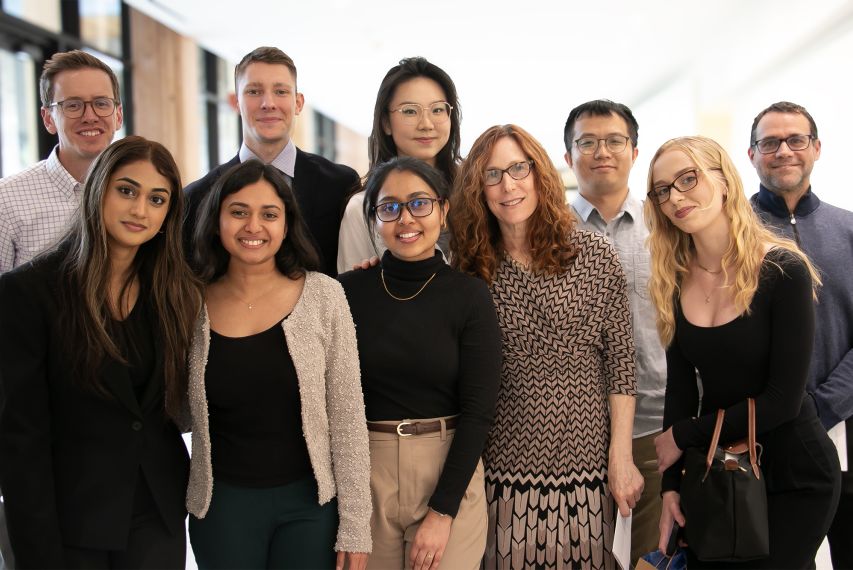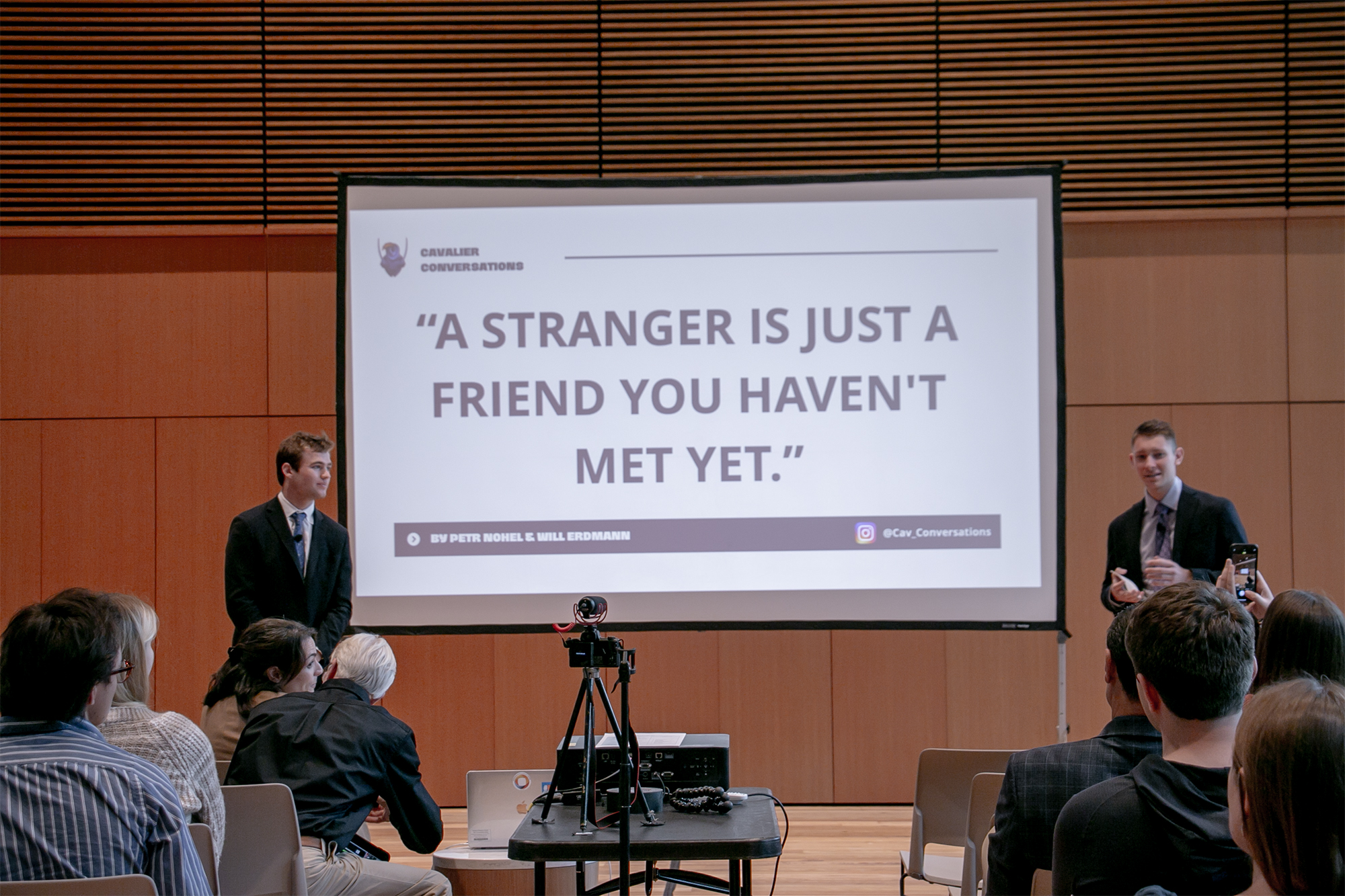How do you hope your project will help international students from countries considered geopolitical rivals of the United States?
Zeng: I hope my project empowers international students to feel validated in their passion for controversial or sensitive topics, especially when these issues are deeply personal. Our students must understand that this passion is not a mistake but a strength. The intersection between intellectual pursuit and personal identity is complex and vital. International students—constantly adapting to new perspectives in U.S. education—should remain critical of hidden biases in "global education." We aim to understand the world through diverse viewpoints, not a single curated source. In an ideal UVA community, students can engage with controversial topics intellectually without fear of stigma or distress regarding their political, religious, or national identities.
What are some of the challenges you identified in this project?
Zeng: It’s a sensitive topic. Many students hesitate to share their experiences because they think they are oversensitive, especially when their “version of truth” feels uncertain against authoritative and peer perspectives. This hesitation is pronounced in discussions about international conflicts and humanitarian crises, where narratives often implicitly divide into good and evil sides. Additionally, the grading system pressures students to conform to perspectives that come up more frequently in readings or that the Professor seems to identify with, causing them to feel conflicted between personal faith and academic success. Despite these obstacles, the strong willingness and compassion of everyone at UVA is simply heartwarming; the collective efforts of being critical and brave maintain UVA as a welcoming global institution!
Please share any recommendations that came out of this project for the faculty teaching these courses.
Zeng: 1. Introduce a professional disclaimer at the beginning of classroom discussions, similar to the honor statement: “The perspectives and theories presented in this course are shaped by individual viewpoints and may contain inherent biases. Students are encouraged to critically engage with the material and recognize that a single class does not encompass the entirety of any country's complexities or issues."
2. Establish an anonymous and welcoming feedback platform for students to share their thoughts on the selection of information, classroom atmosphere, or biases in classrooms!




